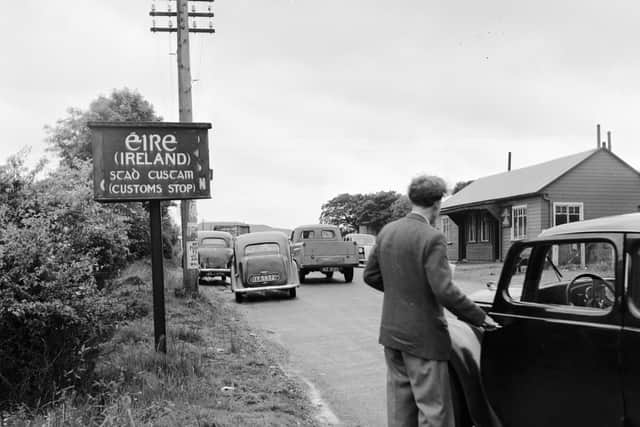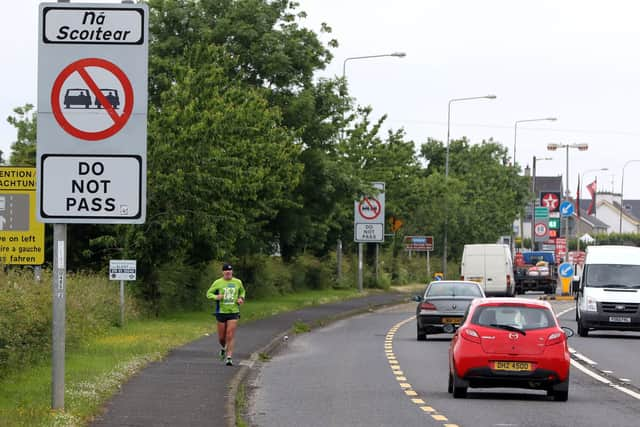New poll finds majority in favour of Irish unity within 20 years
and live on Freeview channel 276
Support for reunification was strongest among young respondents to the LucidTalk/ Belfast Telegraph/ Sunday Times poll, with 57% of 18-24 year olds surveyed saying they would vote for a united Ireland if a Referendum was held today.
Over 3,380 people aged 18 and over were surveyed for the study.
Advertisement
Hide AdAdvertisement
Hide AdOverall, 41% of adults surveyed said they would vote for reunification now or in the future, with a further 10% saying they would or may vote for it over the next 15-20 years.


A total of 48% said they would vote to remain part of the United Kingdom. However among those aged 18-24, just 35% said they would prefer to remain in the UK.
One in two unionists who took part stood firm behind the DUP and others over the NI Protocol saying they should not return to business as normal at Stormont until the Protocol is dealt with / removed.
Sinn Féin MP John Finucane said the publication demonstrated growing support for Irish unity.
Advertisement
Hide AdAdvertisement
Hide AdThe North Belfast MP said: “Yet another poll shows growing support for Irish unity across the island, particularly among young people.


“The reality is that conversation on the constitutional future of our island is to the fore of political discourse like never before. Planning and preparation must start now.
“The Irish government should lead those preparations by immediately establishing a Citizens’ Assembly on Irish unity to help shape the new Ireland,” Mr Finucane added.